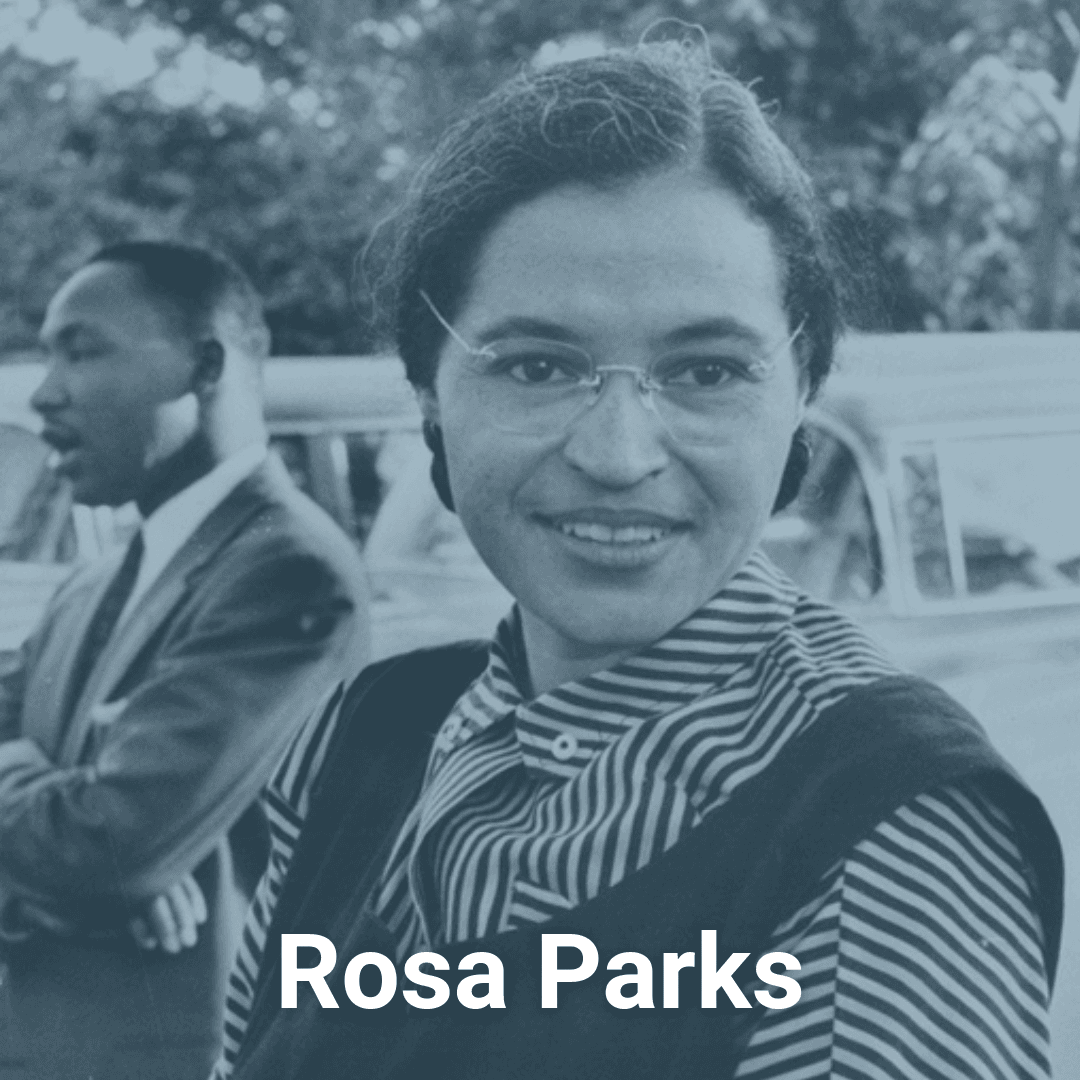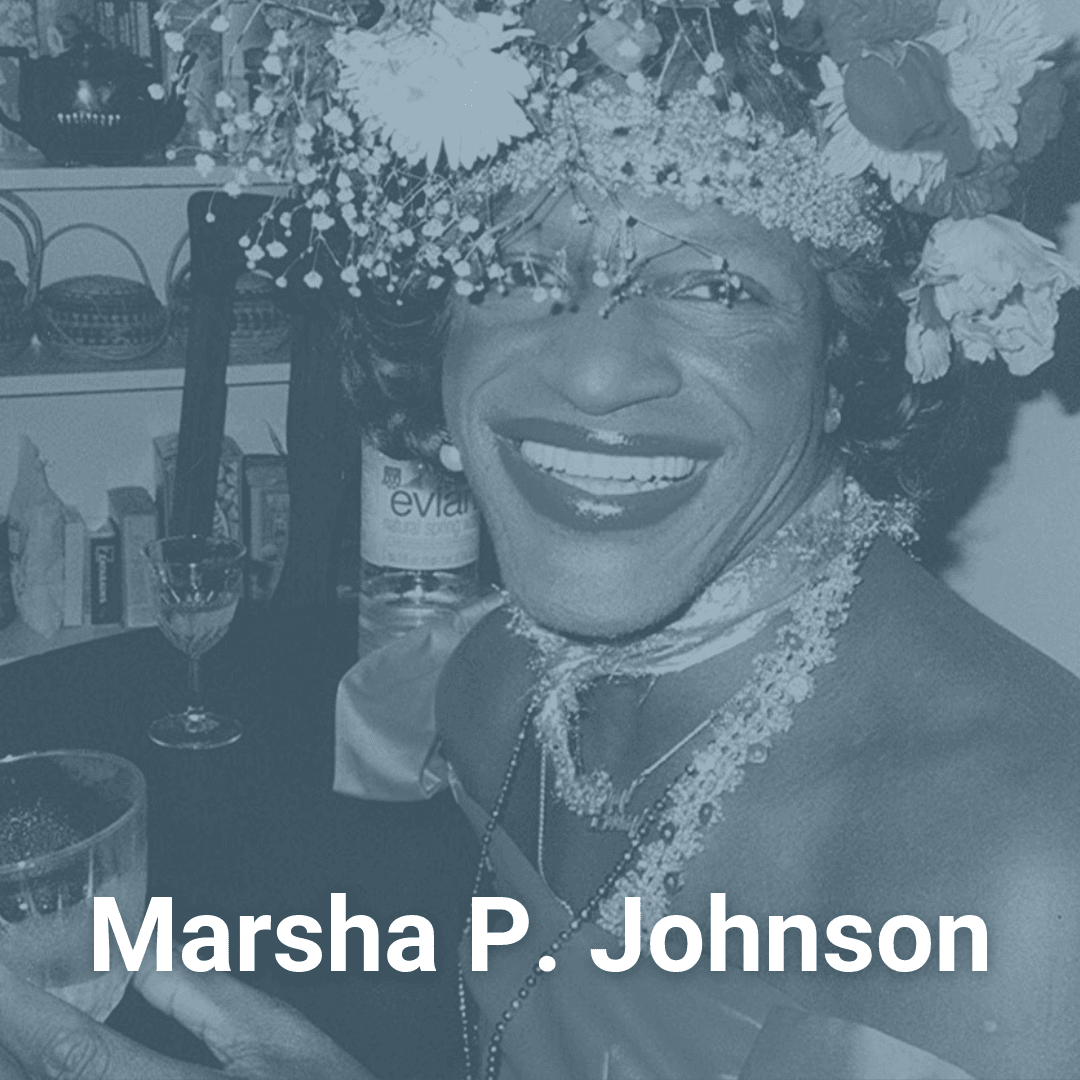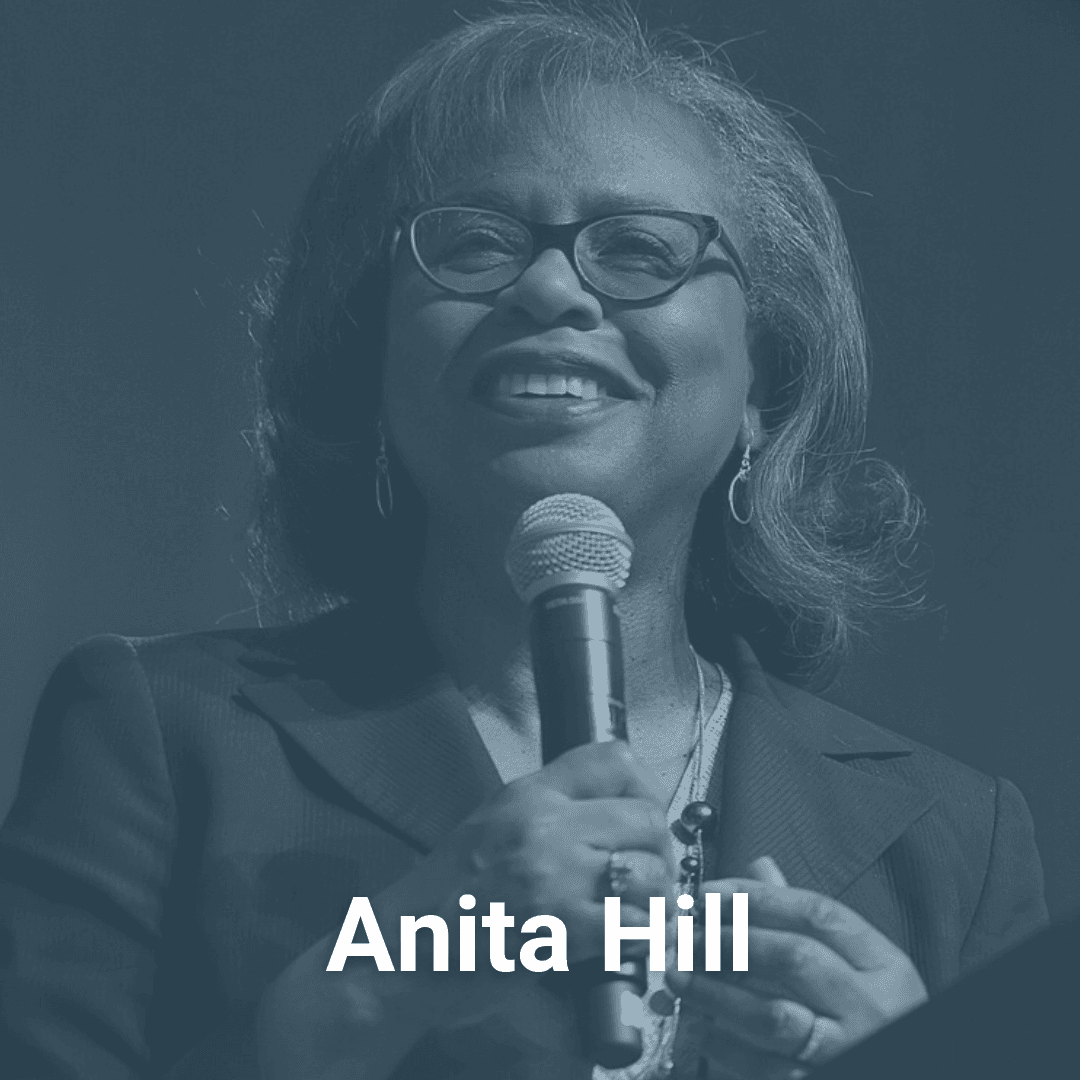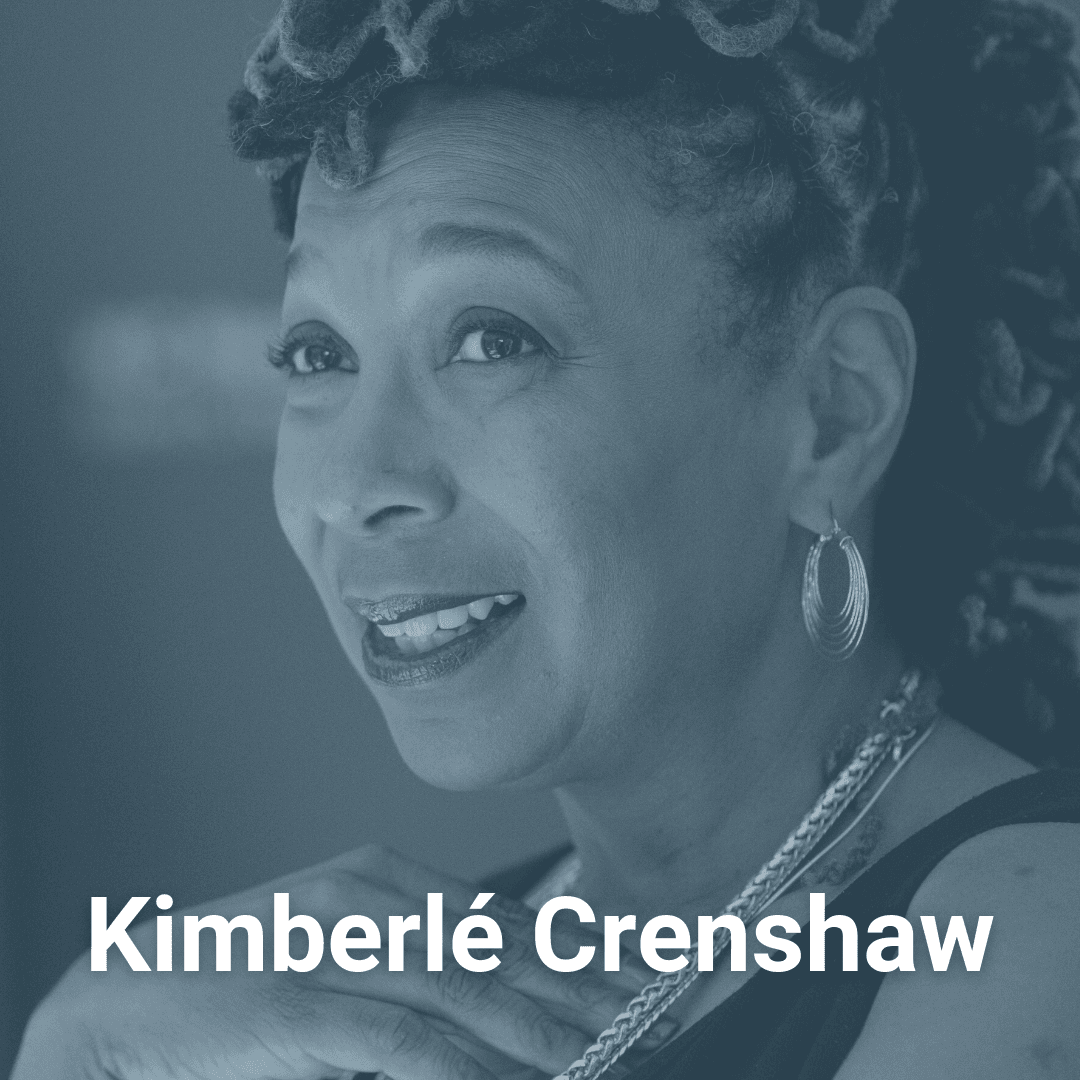Black History Month: Black Leaders in the Anti-Sexual Violence Movement
The theme of this year’s Black History Month is Black Resistance, and in recognition of this important theme, we’re highlighting and celebrating Black leaders and activists in the anti-sexual violence movement.
Rosa Parks

Known as one of the most recognizable icons in the Civil Rights Movement after she sparked the 1955 Montgomery Bus Boycott, it is less known that she was an activist long before that. She joined the National Association for the Advancement of Colored People (NAACP) in 1943. She worked on criminal justice issues that Black Alabamans faced, including protecting Black men from false accusations, and the other was ensuring that Black people who experienced sexual violence perpetrated by white people got to see their day in court. Parks, a survivor herself, was passionate about investing sex crimes committed against Black people.
Memphis Riot Survivors

After the Civil War, a white mob led a massacre against Black communities in Memphis, Tennessee in 1866. Approximately 50 people were killed, and dozens of Black women faced extreme acts of sexual violence. Five Black women survivors gave testimony in a Congressional investigation into the riot. These testimonies are recognized as the first ever survivor testimonies concerning sexual assault to ever be given in a U.S. court trial. These survivors showed incredible bravery and courage in sharing their story publicly in court.
Marsha P. Johnson

Known for her work as an outspoken trans activist for the LGBTQ+ community and her role in the Stonewall Uprisings, Johnson was a force in the fight for LGBTQ+ rights. She also founded the Street Transvestite Action Revolutionaries House (STAR House), an organization that provided housing options for queer folks and sex workers, who are at a higher risk of facing violence. STAR evolved into an organization that fought against job and housing discrimination for trans people. Johnson was key force in including trans people in the fight for
Anita Hill

In 1991, Anita Hill testified before Congress about the experiences she had while working as an aide to Clarence Thomas, who was a Supreme Court nominee. He had been her supervisor at the Equal Employment Opportunity Commission. In a series of televised hearings, Hill testified that Thomas sexually harassed her. Hill faced mass scrutiny and criticism from members of Congress, the media, and the public at large, yet she continued to advocate for survivors and speak out against sexual harassment in the workplace.
Kimberlé Crenshaw

Crenshaw is a professor and attorney, and in 1989 she coined the term “intersectionality” which has become a staple in modern feminist theory. Crenshaw was a key supporter of Anita Hill during Justice Thomas’ confirmation hearings. She has continued to speak out in support of survivors of sexual violence, civil rights, and police violence against Black women. Her framework of intersectionality provides understanding of the unique ways in which marginalized groups can experience multiple forms of oppression.
Wagatwe Wanjuki

Wagatwe Wanjuki is an activist, speaker, and writer, best known for her work as a national campus anti-violence advocate. She launched a 2009 campaign at Tufts University aimed at creating a better sexual assault policy. She has worked on several viral campaigns dedicated to calling attention to and ending rape culture and gender-based violence.

